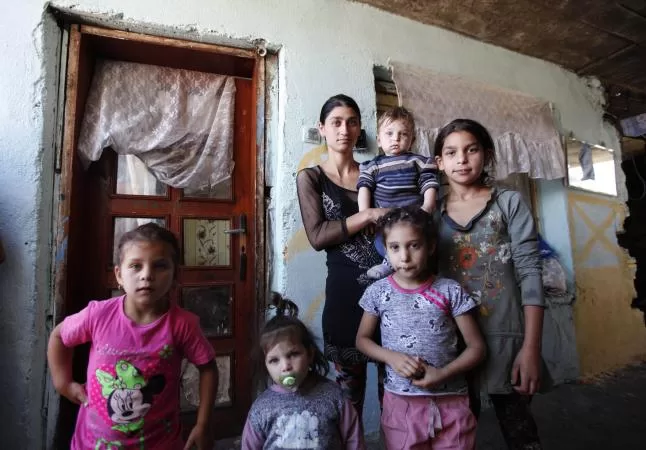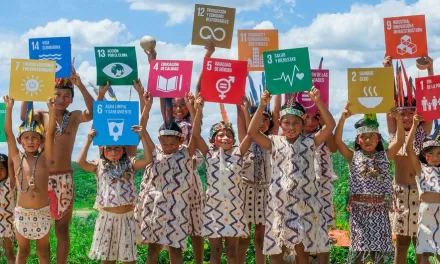
France, Iceland, Norway, Switzerland, and the United Kingdom saw sharp rises in child poverty between 2014–2021, while Latvia, Lithuania, Poland, and Slovenia achieved the largest reductions, according to UNICEF’s latest Report Card
UNICEF Innocenti – Global Office of Research and Foresight unveiled unsettling data highlighting a concerning rise in child poverty among some of the world’s wealthiest countries between 2014 and 2021.
The latest Report Card 18, focusing on child poverty within OECD and EU nations, showcased a stark contrast in performance among countries. Poland and Slovenia emerged as leaders in combating child poverty, closely followed by Latvia and the Republic of Korea. Conversely, several affluent nations ranked near the bottom, struggling to address this escalating issue.
The comprehensive report, offering an updated view of child poverty in these regions, outlined governmental income support policies for families with children. Despite an overall 8% decline in poverty across 40 countries during the stated period, over 69 million children still resided in households earning below 60% of the average national income by the end of 2021.
Bo Viktor Nylund, Director of UNICEF Innocenti, emphasized the enduring and detrimental effects of poverty on children, depriving them of essentials like nutritious food, clothing, and adequate shelter. This deprivation impedes their rights and can lead to severe physical and mental health issues, hindering their educational attainment and future earnings potential.
The report underscored the enduring repercussions of poverty, indicating that children raised in impoverished conditions have lower chances of completing education and earn diminished wages as adults. Shockingly, in some regions, individuals born in impoverished areas face a lifespan cut short by eight to nine years compared to those born in affluent regions.
Further disparities were highlighted, with children in lone-parent households being over three times more susceptible to poverty. Additionally, children with disabilities and from minority ethnic backgrounds faced heightened risks.
Despite stable economic growth from 2012 to 2019, many wealthy countries witnessed a regression in addressing child poverty, while others experienced positive strides. The report highlighted that even nations with similar national income levels, like Slovenia and Spain, exhibited significant disparities in child poverty rates, underscoring that economic wealth alone doesn’t guarantee reduced poverty.
The report advocated urgent actions, urging governments to expand social protection for children, ensure access to quality basic services, create employment opportunities, and tailor measures to cater to the needs of minority groups and single-headed households. Additionally, it emphasized the immediate impact of cash benefits in alleviating poverty and urged decision-makers to prioritize and enhance expenditure on child and family benefits.
Nylund stressed the importance of learning from successful strategies adopted by various nations, emphasizing that effective utilization of these insights would determine children’s well-being both today and in the future.











